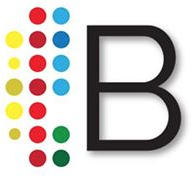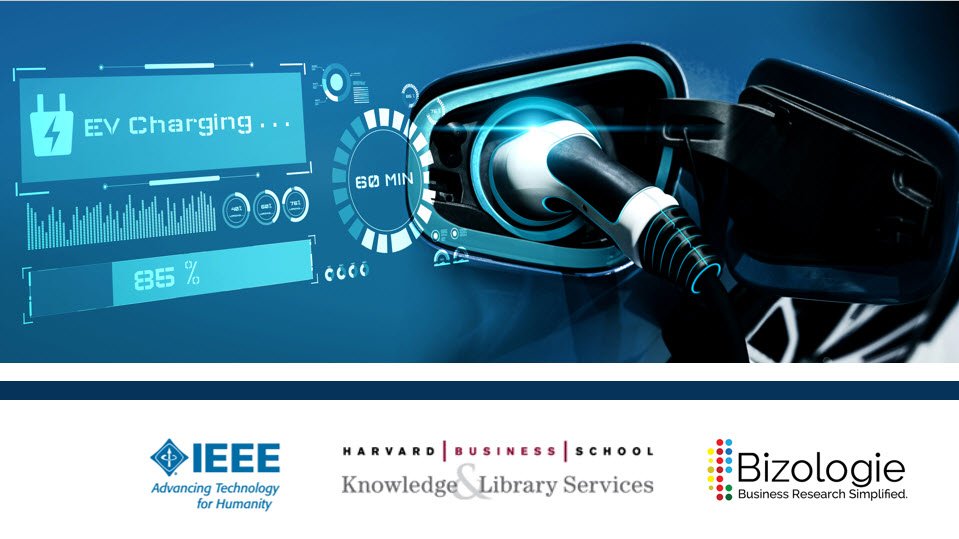The last weekend in March, I and three of my colleagues from the UT-Austin School of Information had the distinct pleasure of volunteering as business research mentors at Austin 3-Day Startup (3DS), an educational event that gives college students ranging from freshmen to Ph.D. candidates a crash course in entrepreneurship.
The idea behind 3DS is simple: the best way to learn entrepreneurship is to start a company. The event takes place over the course of a fast paced, caffeine-fueled weekend. In the course of about sixty hours, team members get an introduction to all of the trials and tribulations associated with starting a company (3DS board member Bart Bohn once humorously referred to this experience as “facilitated contact with reality”).
The structure of the event is simple:
- Teams form Friday night, hone their ideas and start building prototypes.
- Saturday, the teams take to the streets to perform primary customer validation—3DS is insistent that teams answer Rob Adam’s critical question: “If you build it, will they come?”
- Saturday night into Sunday morning, the teams have time to tweak their ideas based on the feedback they received from customers (or, in some cases, start over from scratch!).
- Finally, Sunday morning, 3DS participants prepare for the apex of the event—a chance to pitch their ideas to an audience of seasoned entrepreneurs and investors (This year’s mentors included start-up superstars Gary Hoover and Joshua Baer among others).
Throughout the event, 3DS teams benefit from the guidance of seasoned entrepreneurs, investors and tech wizards who volunteer as mentors. These mentors offer real-world advice and perspective on the company-formation process. They help the young entrepreneurs in training ask the right questions and identify legitimate market pain points to which they need to respond.
This semester’s 3DS-Austin mentors included a group of business research gurus from UT-Austin’s School of Information (iSchool). Myself, Becca Havens, Stephen Kuperman and Kamran Varahramyan (by way of the Department of Electrical and Computer Engineering) spent two sleepless nights with 3DS teams helping them answer crucial research questions during the first two days of the event. The questions we fielded ranged from “how can you make money with crowdsourcing?” to “what are the business hours of every restaurant in Austin.” By the end of the 60-hour event, we had helped the majority of the teams answer some of the tough questions that all entrepreneurs face: How big is the market? Who is my competition? How do we make money with this idea? When the dust settled and the teams presented their ideas on Sunday night, our impact was evident in the clear and well-researched information in their presentations.
The success of this semester’s Austin 3DS teams validates the important role information professionals play in business and entrepreneurship. Today, we face a flood of information, all of which has to be located, retrieved, organized, visualized and preserved. This reality is especially stressful when you’re trying to start a viable business in 60 hours! Luckily, as my colleague Stephen Kuperman remarked to one team, navigating the information flood “is what we do, and we’re really good at it.”

Ryan Field is an MS candidate at the University of Texas at Austin School of Information and a research analyst intern at the Austin Technology Incubator.









